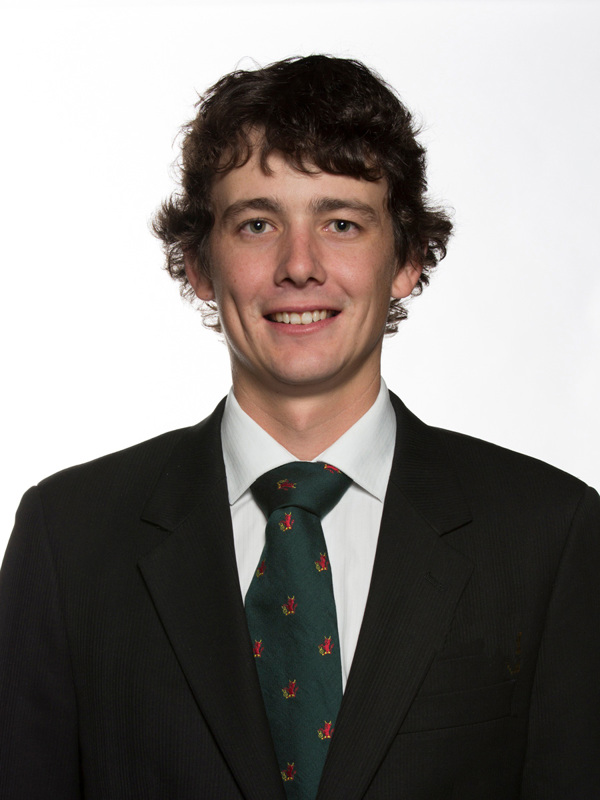
Greg Gibson

Slashing yield losses from waterlogging
Tasmanian farmer and 2014 Nuffield Scholar, Greg Gibson, says there’s money to be made in better understanding the true cost of waterlogging to yield losses in farming. He says waterlogging is a significant issue in his region in northern Tasmania, where he manages his family’s 730-hectare intensive farming operation. Mr Gibson runs a cropping program consisting of alkaloid poppies, onions, processing peas, potatoes and an array of seed crops, as well as a lamb trading operation fattening 10,000 head.
Past yield losses of between 50-100 per cent on his property due to inadequate draining, prompted him to investigate the causes of waterlogging, and the variety of monitoring tools available worldwide. His 2014 scholarship, supported by the Sidney Myer Fund, allowed him to travel to the US, Canada, the UK, and the Netherlands to research global best practice in combatting waterlogging, and build on existing systems on his own farm.
“My goal was to find out if there is a systematic approach to reduce waterlogging, and in turn yield losses, in the countries I visited. This would potentially allow me to bring non-performing ground into production through better water management and soil health, including Variable Rate Irrigation (VRI), soil moisture monitoring and drainage.”
Mr Gibson said high rainfall zones like Tasmania and Victoria typically experience lost production due to waterlogging, and believes it’s a significant issue for many other farmers too.
“The importance of understanding how much waterlogging really costs agriculture in Australia cannot be over-emphasised. We cannot continue to expend valuable resources on unproductive ground. Randall Reeder, an Ohio State University Extension agricultural engineer, said that for every $1 spent on drainage technology, producers get $3 to $4 back in corn and soybean profits. That’s a pretty big call, and past losses in my own system lead me to believe that he’s right.”.
Accepting that rainfall and soil type were the two non-negotiable factors of his operation, Mr Gibson identified over-irrigation, poor drainage and compaction as the manageable causes of waterlogging on his farm.
“I am looking at developing a management plan potentially including VRI to reduce over-watering, Controlled Traffic Farming (CTF) to limit compaction, and surface/subsurface drainage to alleviate problem areas. There’s some exciting new technology available in this field, particularly in irrigation, that I am currently investigating for use on my own farm.”
Greg is experimenting with strip-tillage and plans to trial as many crops as possible, working in conjunction with cover crops to improve his soil health. His aim is to work towards a full CTF strip-till system in the crops that allow wider row spacings.
“Moving forward, I will be collecting as much relevant data as I can, and sharing knowledge with other farmers in the industry. The agricultural community is renowned for being industrious and innovative. This, combined with new technologies and programs like Nuffield, means we’ve got solutions at our fingertips.”



















